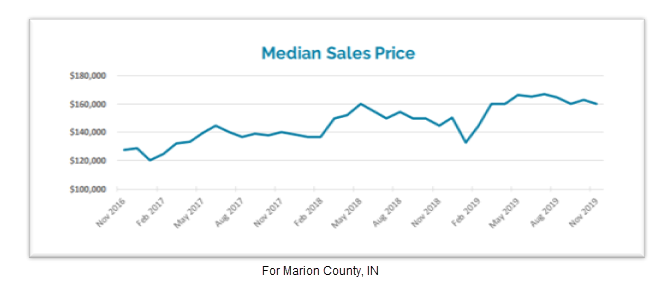If you’re on the hunt for a new home this upcoming year, you don’t have to wait for the ball to drop – you can start prepping for one of the biggest purchases of your life! Below are some tips if your goal for 2020 is to become a new homeowner.
Pinch Those Pennies
Saving for a down payment on a new home is one of the most critical parts of the homebuying process. It’s essential to plan out your savings now if your goal is to purchase a new home in 2020. In addition to the down payment, many buyers are surprised at the other costs involved, like the closing costs, prepaid expenses, HOA adjustments, etc. These often run $3-7,000.
 Check Your Credit
Check Your Credit
Make sure there are no surprises on your credit report. One of the first things your mortgage lender will do is check your credit to determine your debt-to-income ratio to determine how much of a mortgage loan you qualify for. If your credit needs clean-up, start working on it now so that your score is up to par before you start the pre-qualification process.
Lock in Your Pre-Approval
In today’s crazy competitive housing market, it is not uncommon for a seller to receive several offers on their home. Having a pre-qualification letter in hand could be the difference in your ability to purchase the house you desire. This also proves to the seller that you are serious about moving forward and provides you with bargaining power.
Hold Off Hefty Purchases
Now that Christmas has passed, curb any shopping sprees you may have planned. Big purchases like a new car or a family vacation before buying a house can affect your debt-to-income ratio and can affect how much money a lender is willing to lend to you.
Working with the right real estate agent who has experience can make all the difference. I have spent 17 years in the mortgage biz and continue to help people buy the home they really want. Call me!





